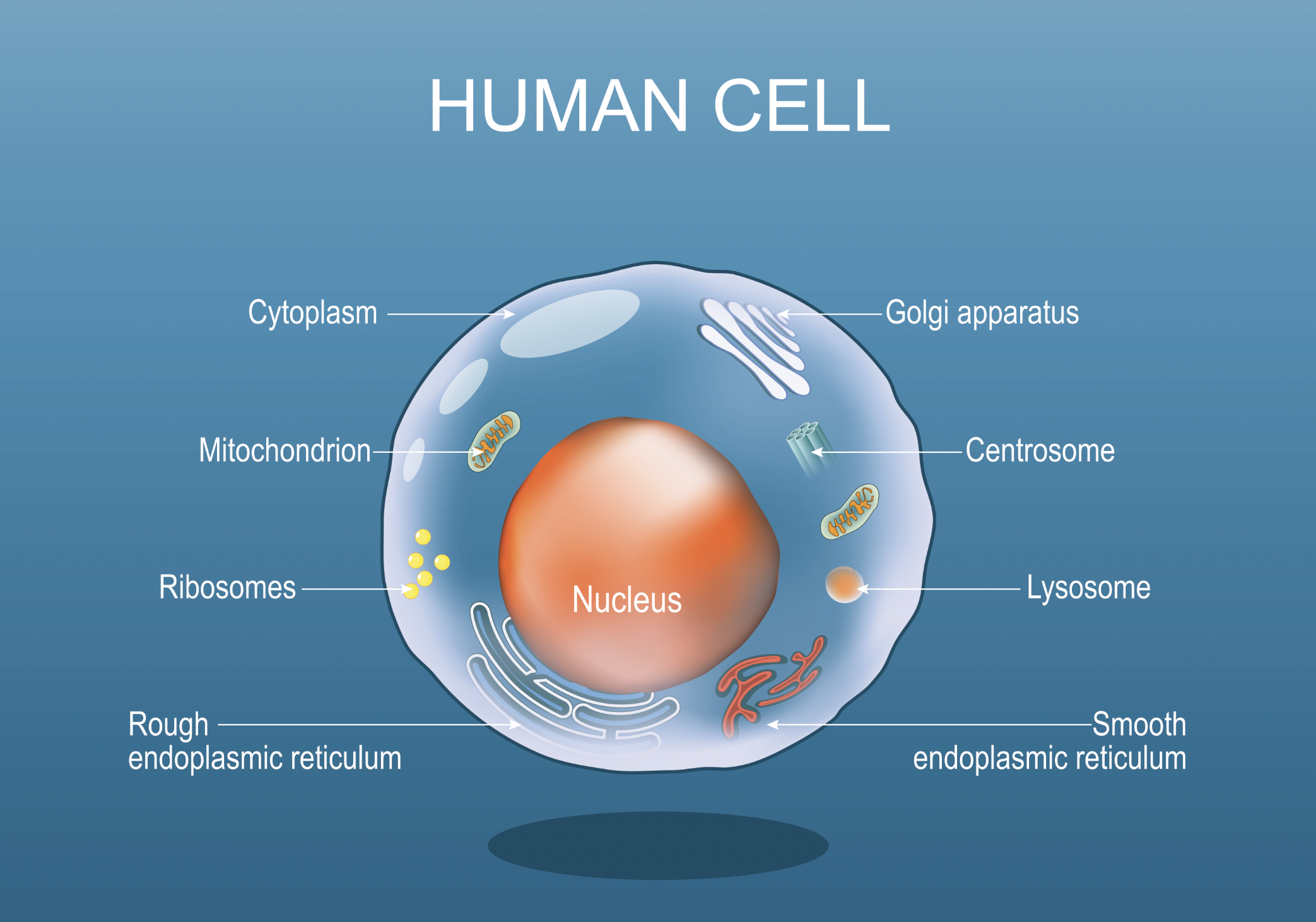Mitochondria in MND / ALS
The 1% Chance explores themes of hope, wellness and discovery in the context of MND / ALS. This article is for informational purposes only and does not construe medical advice. The author is not a healthcare professional. Please consult a healthcare professional about your own healthcare needs.
Transcript:
Well hello, and welcome to 'the 1% Chance' where we explore themes of hope and wellness in the context of MND. I'm Graham Dargie - I was diagnosed with MND about 18 months ago and this is my synthetic, AI voice. Today, I want to look at Mitochondria.
Research by Smith et al states - “Mitochondrial dysfunction has emerged as a common, early phenomenon in ALS. The appearance of deficits in oxidative phosphorylation, calcium buffering and mitochondrial transport prior to the onset of disease symptoms in vivo in disease models suggests an important role for loss of mitochondrial integrity in the aetiology of ALS.”
Mitochondria, are organelles - specialised structures within our cells - commonly known as the powerhouse of the cell. Mitochondria produce adenosine triphosphate (ATP) through a process called cellular respiration - in other words, they make energy. Mitochondrial dysfunction is a hallmark of other neurological disorders, including MS.
Looking up mitochondria and MS brought me to a remarkable lady called Dr Terry Wahls. Dr Wahls was diagnosed with primary progressive MS in 2000 and, despite following all the latest advice on combating the disease, she found herself in a wheelchair by 2007. Dr Wahls took her case into her own hands, using her skills as a research professor to create a bespoke protocol for herself. She believed that dysfunctional mitochondria were at the heart of her issues and created a nutritional approach to treating her MS which targeted mitochondria. She went from being unable to sit up to riding her bicycle within just one year.
MS and MND are completely different diseases with different pathologies and prognoses, but mitochondrial dysfunction and oxidative stress are common to both. If Dr Wahls’ approach impacted mitochondrial function in MS patients, I wondered if there could be something transferable here for me?
My simple understanding is that in MND, mitochondrial dysfunction leads to the production of reactive oxygen species (ROS), which impairs normal cellular function by overwhelming the cell’s built-in antioxidant defences, resulting in oxidative stress (OS) which can accelerate motor neurone death. When mitochondria become overwhelmed, they can no longer buffer calcium adequately, which leads to a toxic influx into neurons.
I asked myself, like Dr Wahls must’ve asked herself at one point, if my mitochondria are dysfunctional, then what can I do about it?
Nutrition
Antioxidants - blueberries, raspberries, strawberries, spinach, kale, nuts, seeds, and dark chocolate.
Coenzyme Q10 - fatty fish like salmon and mackerel, as well as organ meat like liver.
B vitamins - oats, quinoa, brown rice, eggs, lentils, chickpeas, and leafy greens.
Omega-3 - fatty fish, chia seeds, flaxseeds, and walnuts, as well as alpha lipoic acid (ALA) with sources including broccoli, tomatoes, and organ meats.
Polyphenols found in green tea, turmeric, grapes, and other colourful plants.
Magnesium, found in things like spinach and Swiss chard,
Movement
Zone 2 (moderate) Aerobic Exercise (Running, Swimming, Cycling)
Light Resistance Training
Yoga & Stretching
Sleep
Deep sleep is crucial for mitochondrial repair and axonal transport.
Red Light Therapy (Near-Infrared Light)
Stress Management & Mindfulness
Meditation & Deep Breathing – Reduces cortisol levels, which otherwise impair mitochondrial function.
Cold Exposure (Cold Showers, Ice Baths) – Stimulates mitochondrial biogenesis and mobility.
Herbal & Natural Compounds
Rhodiola Rosea & Ginseng – Adaptogens that improve mitochondrial energy efficiency.
Lion’s Mane Mushroom – Stimulates nerve growth factor (NGF), promoting axonal health and transport.
Ashwagandha – Reduces oxidative stress and supports mitochondrial function.
Fasting & Metabolic Boosters
Intermittent Fasting – Triggers mitophagy (clearance of damaged mitochondria), ensuring efficient transport of healthy mitochondria. Work with a nutritionist on this - the goal is not weight-loss.
Ketogenic Diet (Healthy Fats, Low Carbs) – Encourages ketone production, which enhances mitochondrial function and reduces oxidative stress. Again, consult a qualified nutritionist.
As someone living with MND, My goal is to do what I can with nutrition and lifestyle to support my body against the multi-factored assault the disease brings. It’s worth consulting with a healthcare professional about any of these approaches and, for me, working with a qualified Functional Medicine practitioner has been a game-changer for my physical health. Approaches like these help my body to be as healthy as it can be and give me a sense of agency, helping me to be an active participant in my journey with MND.
As Terry Wahls said, “an epidemic of health is possible.’
Thanks for listening.
I stand with you.
